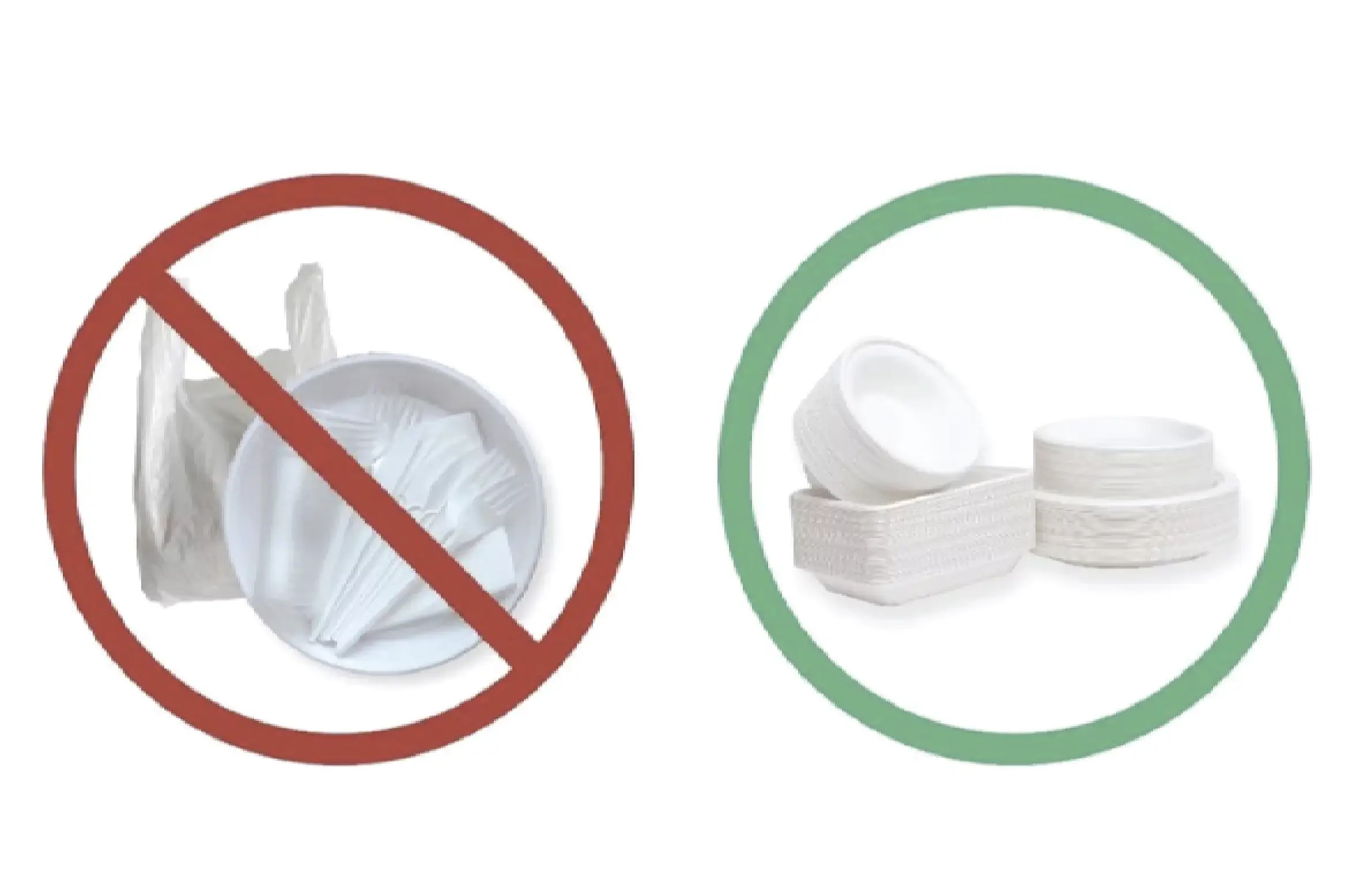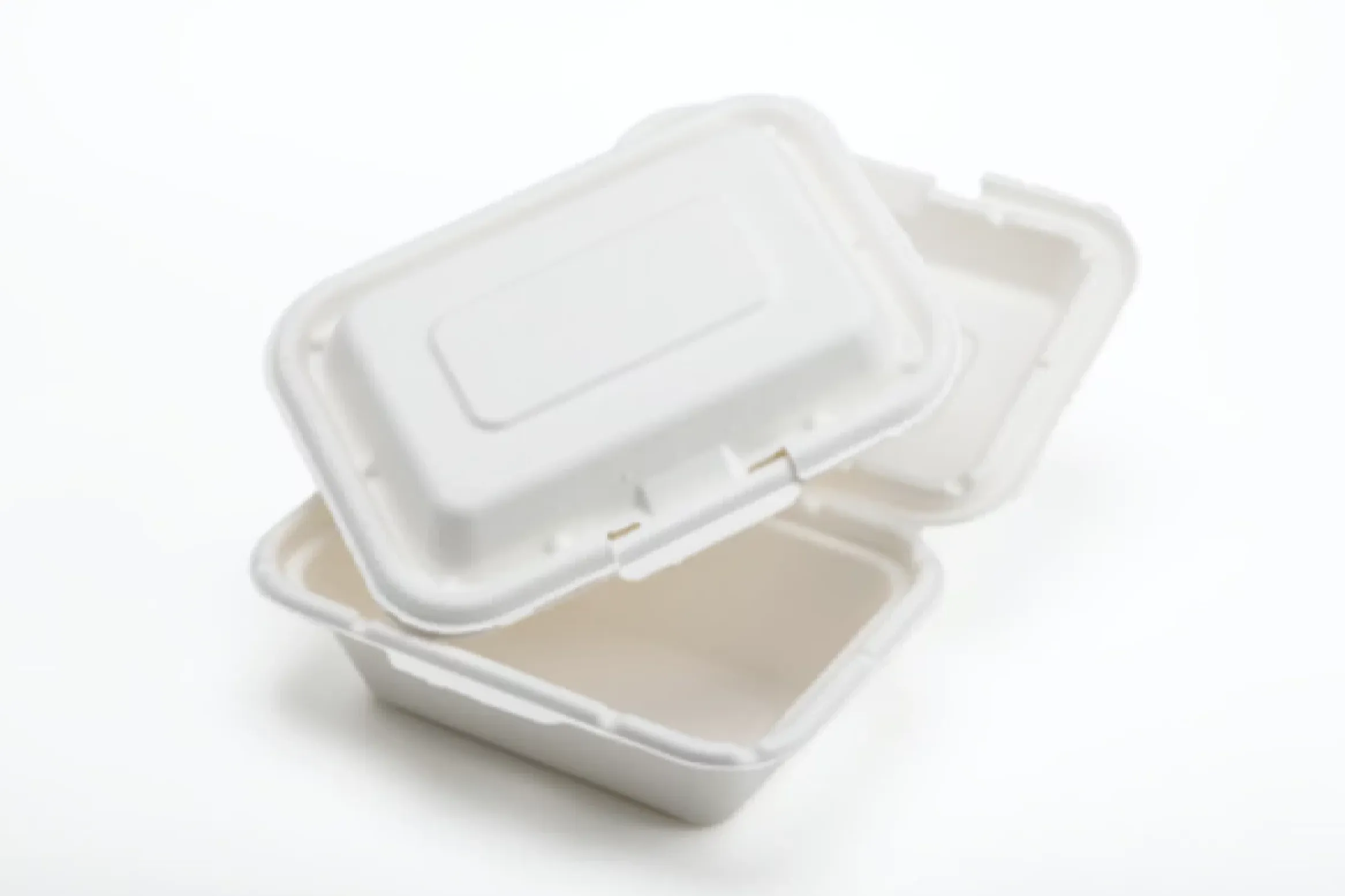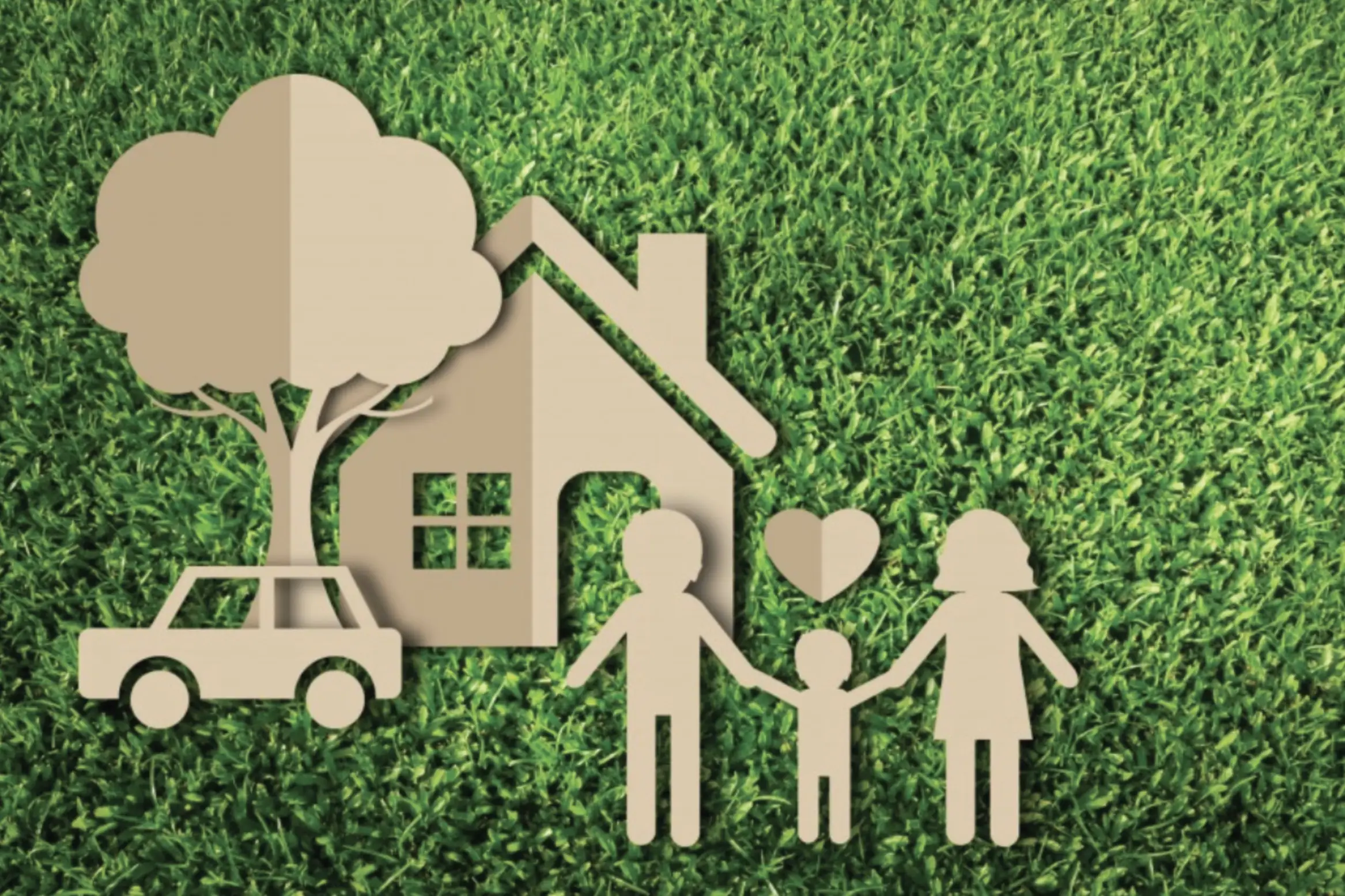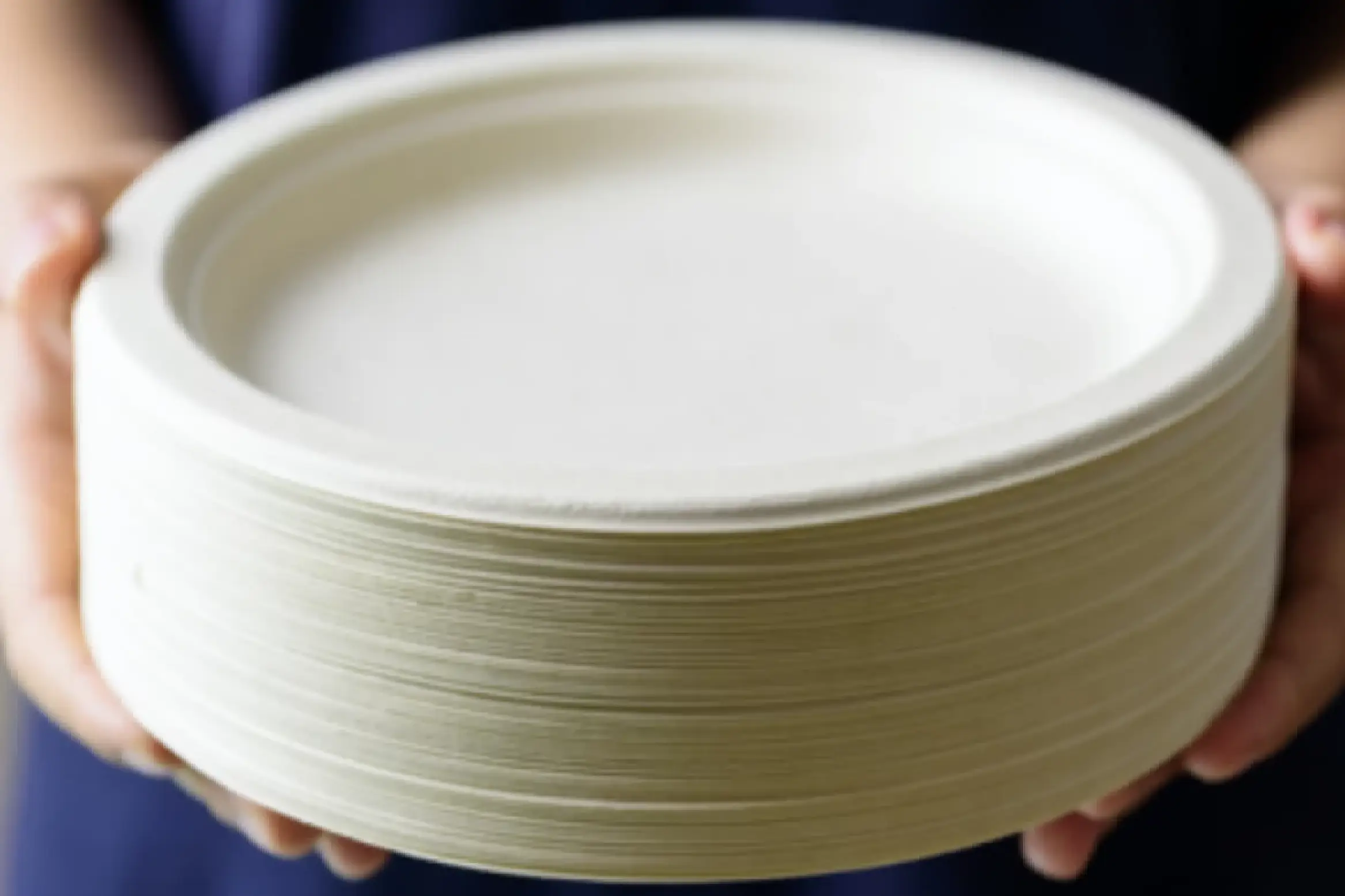Recent Posts
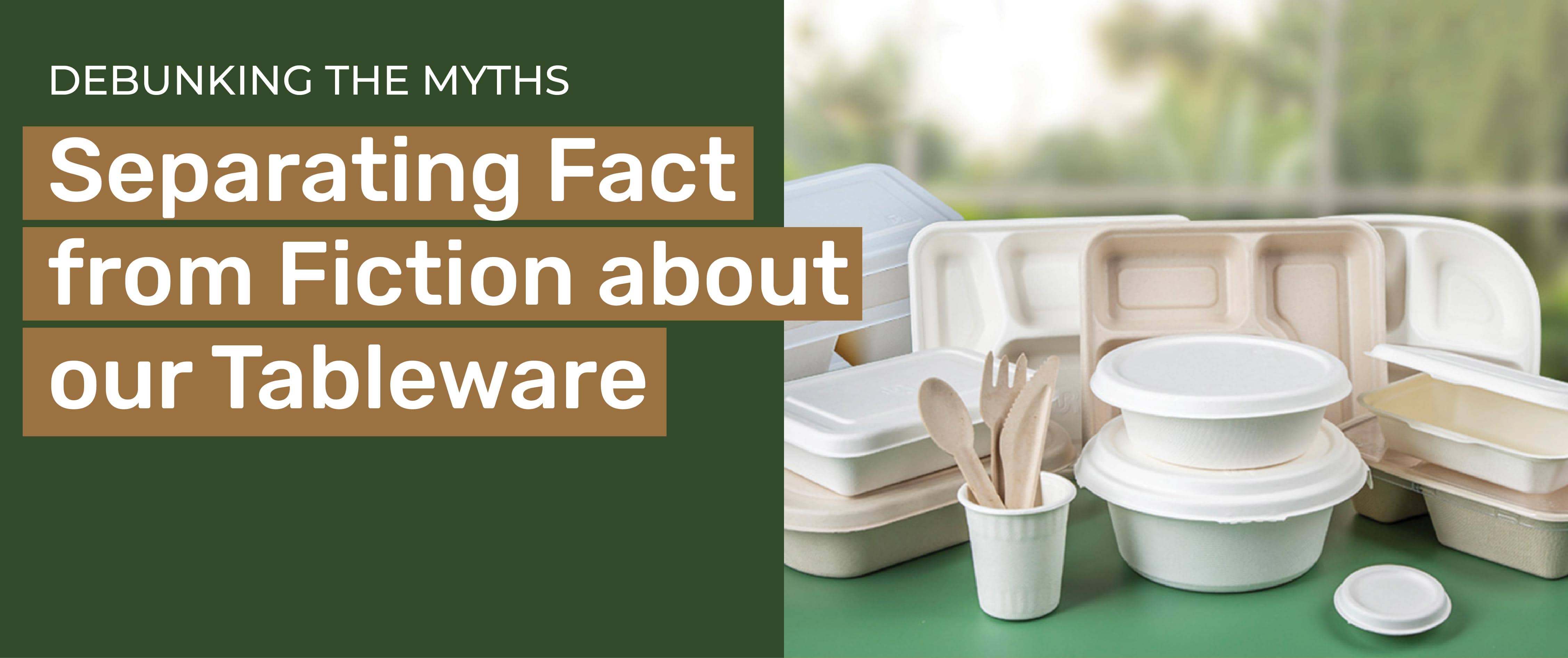
Debunking Myths: Separating Fact from Fiction About Biodegradable Tableware
The world of sustainable products can sometimes be confusing, especially with terms like "biodegradable" and "compostable" thrown around. There are many myths circulating about biodegradable tableware that can lead to skepticism and hinder adoption. At Dinearth, we believe in transparency and empowering you with accurate information. Let's debunk common biodegradable myths and separate fact from fiction, ensuring you understand the true benefits of choosing eco-friendly disposables.
Myth 1: Biodegradable Products Don't Actually Break Down
- Fact: This is one of the most persistent biodegradable myths. True biodegradable products, like Dinearth's bagasse tableware, are designed to break down into natural elements (water, carbon dioxide, biomass) within a specific timeframe when exposed to the right conditions (microorganisms, temperature, moisture). Our products are 100% compostable and will naturally decompose in commercial composting facilities, and many can even break down in a home compost within weeks.
Myth 2: Eco-Friendly Tableware is Always Too Expensive
- Fact: While some specialized eco-friendly options might have a higher upfront cost, the price of biodegradable tableware has become much more competitive due to advancements in manufacturing and increased demand. When considering the long-term benefits—such as enhanced brand image, appeal to conscious consumers, and avoidance of plastic waste management fees—the cost of biodegradable tableware offers significant value. Dinearth strives to make sustainable solutions accessible without compromising quality.
Myth 3: Biodegradable Products Can Just Be Thrown Anywhere
- Fact: This is a dangerous misconception. While compostable products are designed to break down, they still require specific conditions, ideally in a composting facility. Simply tossing them into a landfill, where oxygen and microbial activity are limited, can significantly slow down or prevent their decomposition. Understanding how compostable products break down is key. Always check for proper disposal instructions – many Dinearth products are certified for industrial composting.
Myth 4: All 'Eco-Friendly' Labels Mean the Same Thing
- Fact: The terms "eco-friendly," "biodegradable," and "compostable" are often used interchangeably, but they have distinct meanings. "Eco-friendly" is a broad term. "Biodegradable" means it breaks down naturally. "Compostable" means it breaks down in specific composting conditions, often leaving beneficial humus. Look for certifications (like Dinearth's BRC, ISO, USDA, CE, CIPET) to ensure a product meets stringent environmental standards. Understanding these nuances is crucial for making truly true facts about green disposables choices.
By understanding these facts, you can confidently choose Dinearth's biodegradable tableware, knowing you are making a genuine positive impact on the environment.
